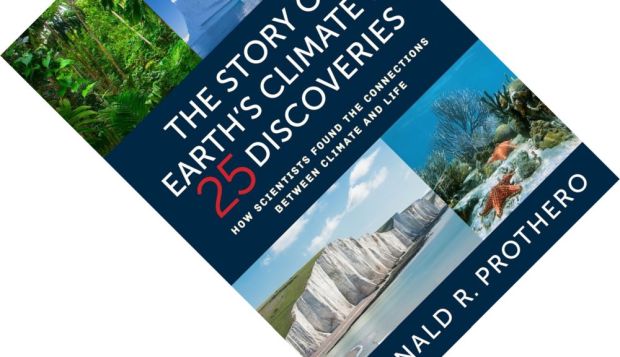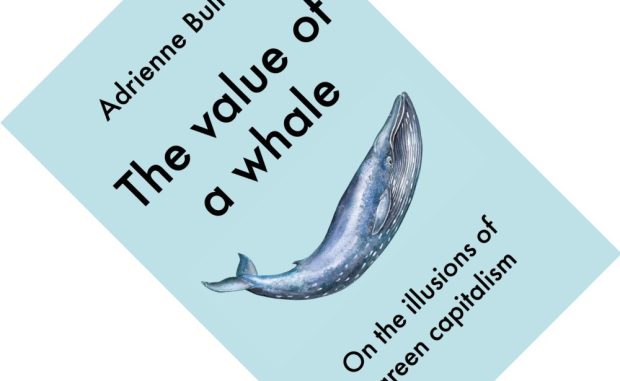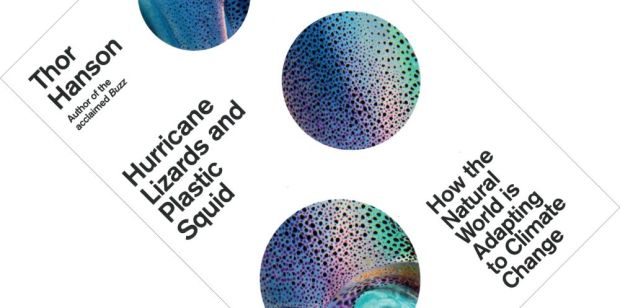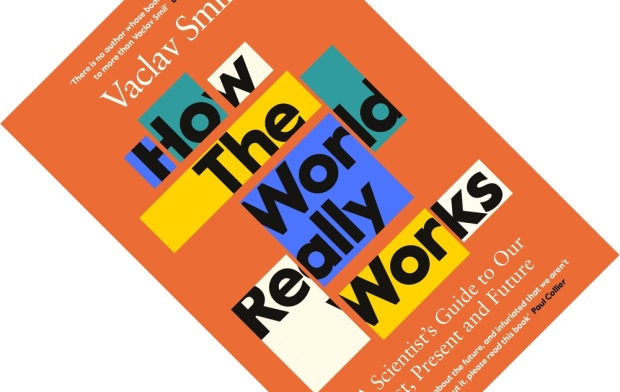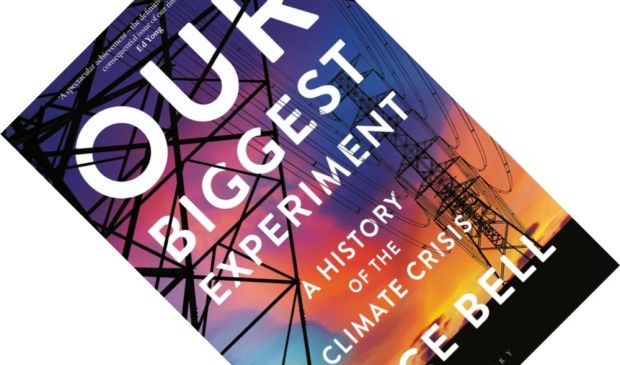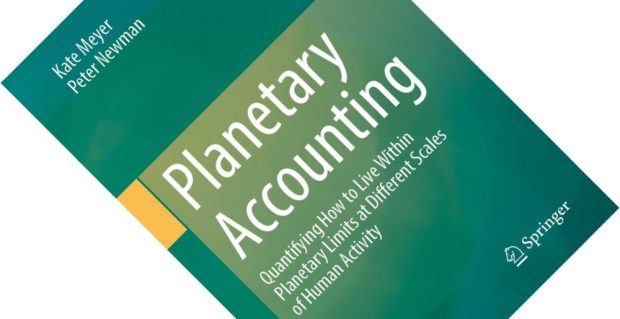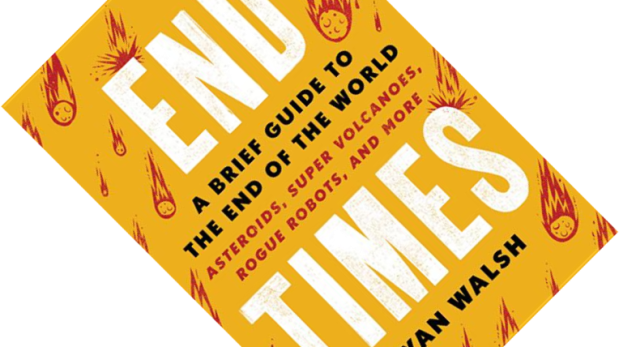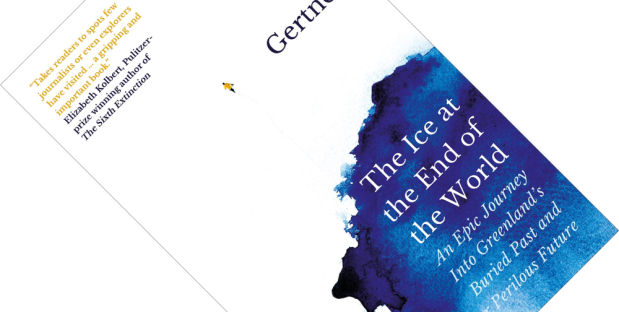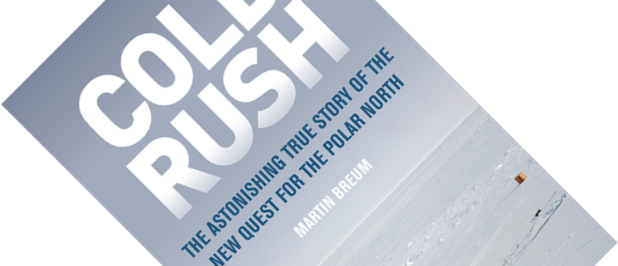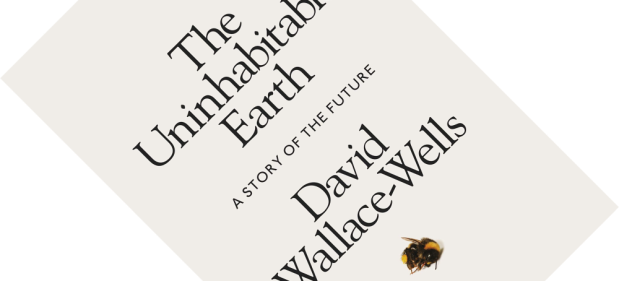7-minute read
keywords: earth sciences, history of science, paleoclimatology
This is the fifth instalment in what can unofficially be dubbed the 25 Discoveries series by palaeontologist and geologist Donald R. Prothero. After four previous books on fossils, rocks, dinosaurs, and evolution—I reviewed the last three (mostly) positively—Prothero now turns to palaeoclimatology. A chronology with character, this book takes the reader through 4.5 billion years (Ga) of Earth’s changing climate and its impact on life, while explaining how we know what we know.

